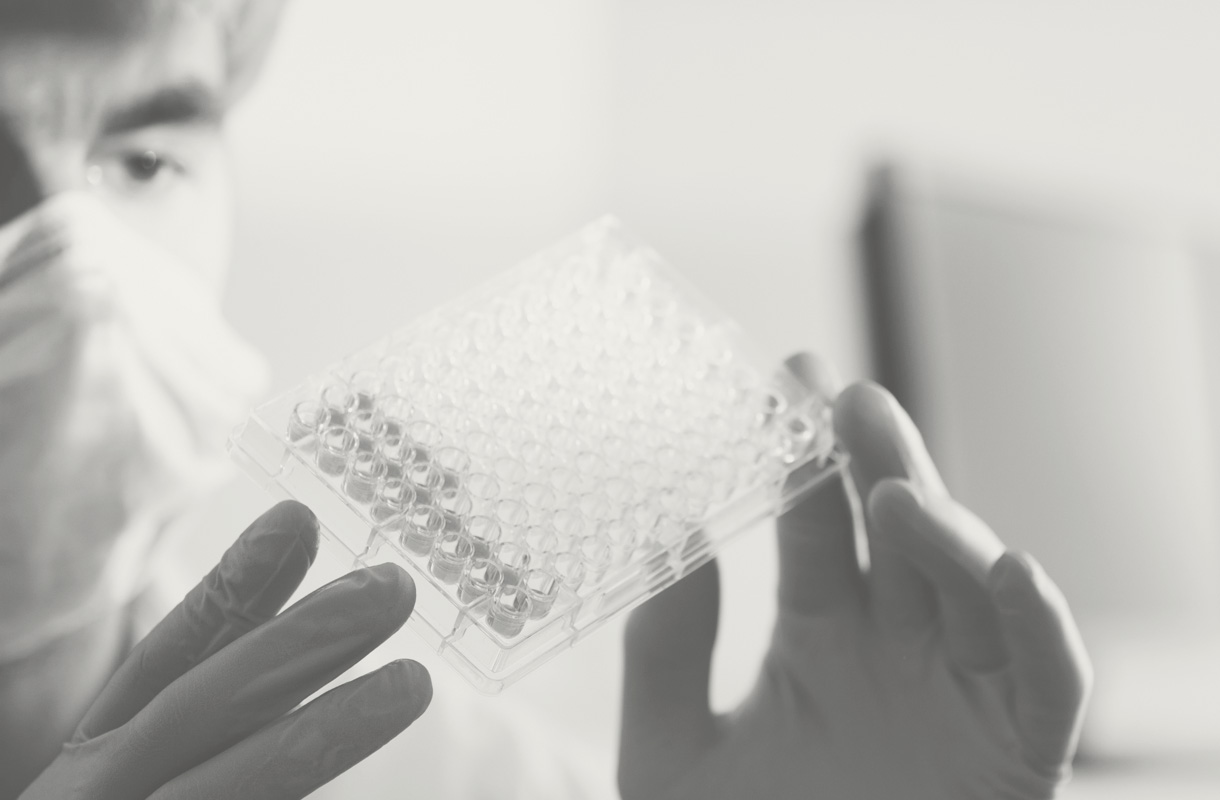
2022
David Y. Chen, MD, PhD
Assistant Professor – Department of Medicine - Washington University in St. Louis
Aging-related determinants of squamous cell carcinoma predisposition
how does the age of your skin cells factor into skin cancer development?
Dr. Chen proposes to study how aging affects the development of skin cancer, separating out the effects of DNA mutations caused by UV exposure from those intrinsic to aging. In past research he has studied the effects of aging in normal mouse keratinocytes—the cell-of-origin for most common skin cancers. In aging skin cells Dr. Chen found both changes in bulk DNA methylation and dramatic changes in gene expression at single cell resolution. This project seeks to better understand these changes in gene expression and elucidate how they add to cancer development.
Dr. Chen’s research will focus on the ability of cancer promoting genes to drive skin cancer in mice at old versus young ages. Current literature suggests that older cells have altered metabolism compared to younger cells. Dr. Chen has found that indeed old mouse skin cells metabolize sugar differently than those from young mice and, even more interestingly, that the way these older cells metabolize sugar is much closer to the way cancer cells process energy. He suggests that tumor driving genes might also work differently in old versus young cells, with a greater ability to turn old normal keratinocytes into tumor cells than young normal keratinocytes. Dr. Chen will test this theory by measuring metabolism in young versus old keratinocytes expressing oncogenes. Further, as both types of keratinocytes express oncogenes, he will study whether there are differences in signaling pathways activated in the cells from young mice versus the cells from old mice. Dr. Chen hopes that his work will shed new light on the relationship between cancer and aging, potentially leading doctors to new ways to treat and prevent skin cancer in aging populations.